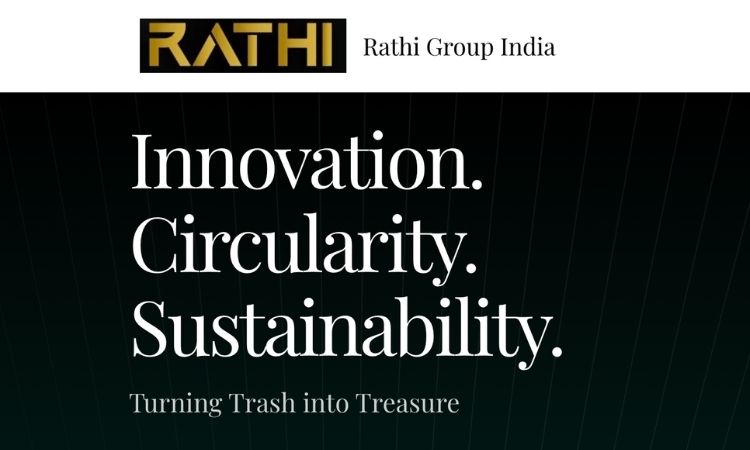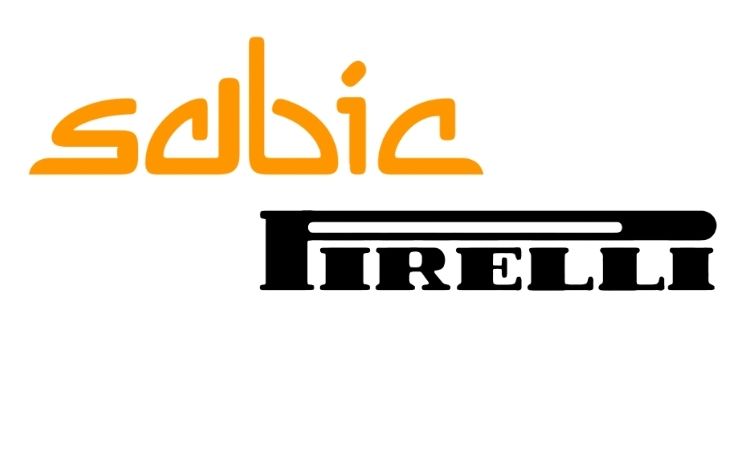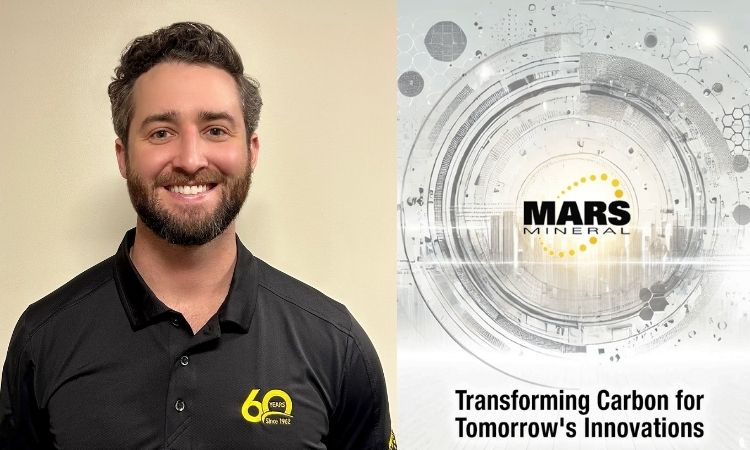Netherlands-based lab to study tire pyrolysis potential to replace incineration
To handle waste such as scrap tires, sometimes one may want to seek an alternative to recycling – tire pyrolysis. This process involves decomposing of car tires by incinerating them at a high temperature at the same time removing oxygen. Via this method, it is possible to obtain gas, oil and alternative charcoal known as biochar or recovered carbon black (rCB) – the recycled materials will be applied to produce new goods and generate energy.
To promote the method, Netherlands-based Pyrolysis Living Lab commenced experiments with the novelty at the site in Moerdijk. To improve the existing technologies and systems, parties that are involved in the project are examining the economic feasibility of the system. OPZuid, the province of Noord-Brabant, Rewin and other firms provide funds for the initiative. Currently, around 6 million euros of investment has been collected.
Paul de Wild, a representative of the ECN/TNO testing site believes that tire pyrolysis has an outstanding potential, as it is capable of promoting a circular economy and reducing waste. According to him, the Netherlands have around 2.5 million tons of various waste streams, including scrap tires, that are now burnt or processed but they present limited value. Thus, he suggested that pyrolysis would solve this problem and would be more efficient than conventional methods used. De Wild also revealed that a company Campina already relies on pyrolysis oil, therefore, replacing natural gas.
However, he admitted that pyrolysis still has to be studied further due to the fact that it is a complex process used to handle massive waste streams. Even though it yet has to be investigated, De Wild says that the Living Lab will search for the most efficient ways to manage massive waste streams at the same time considering the financial aspect.
Currently, the lab is looking into new possible markets for recycled waste products. One of the researchers Rob Vasbinder created a technology that allows converting wood chips, pruning waste into biochar, gas and oil. Moreover, it can also get wood vinegar, however the EU nations prohibit its use. The innovator targets local markets as biomass is extensively available there. He named South African trees that are capable of absorbing huge amounts of groundwater – he said that these trees are frequently cut down and incinerated. But his technology could assist the process as his system will rely on gas that is released during the process, securing optimal use of waste. Moreover, his system could be used at a waste management unit that will transform this gas into electricity. Nevertheless, the researcher admitted that the economic viability has yet to be studied more.
In addition, depolymerisation is one more pyrolysis method that sees the burning of plastics with the remaining flows going for a reuse purposes. India already has facilities that rely on this process. And some of them recycle around 20,000 kg of plastics per day. But currently, the Living Lab is determined to keep on researching the technology to provide a proof that its systems can enter the markets working with various sorts of waste, including scrap tires.
Article by Innovation Origin.
Weibold is an international consulting company specializing exclusively in end-of-life tire recycling and pyrolysis. Since 1999, we have helped companies grow and build profitable businesses.









